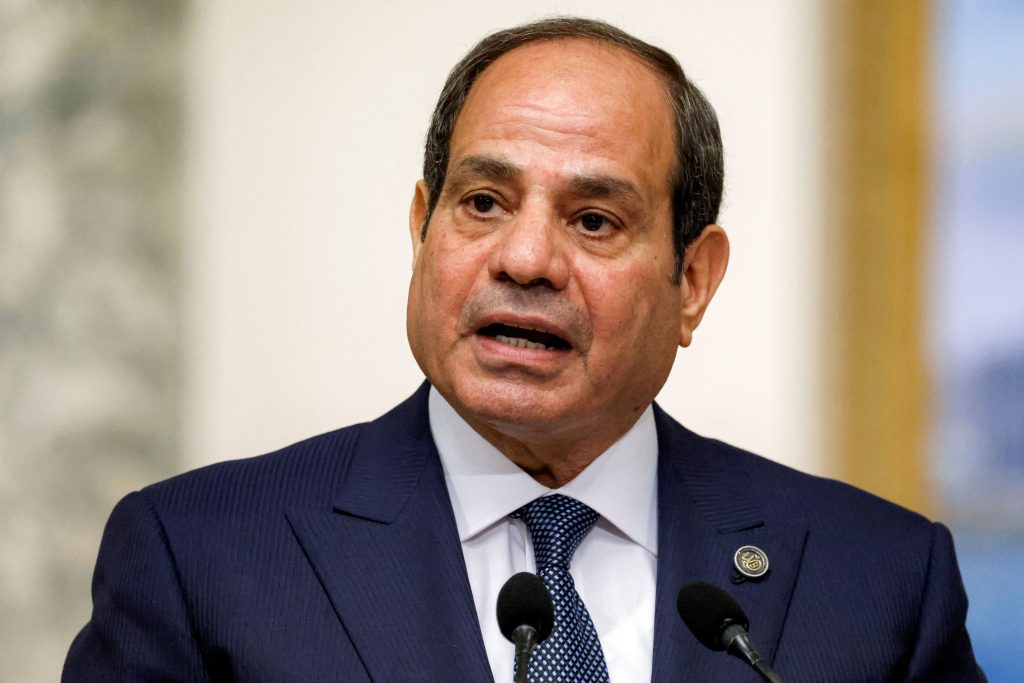A decision handed down by an Egyptian appellate court his month threatens to shut down the Saint Catherine’s Monastery on Mount Sinai as a place of worship, confiscate its properties in favor of the Egyptian state and expel the 20 Orthodox monks living in the renowned monastery.
The move by the Egyptian judiciary also entails the prospect of seriously upsetting Greek-Egyptian relations, as it completely contradicts the expressed personal assurances by Egyptian President Abdel el-Sisi to Greek Prime Minister Kyriakos Mitsotakis during their recent meeting in Athens earlier this month.
The decision prompted the Archbishop of Greece and All Athens, Ieronymos II, to issue a damning statement, calling on the Greek and international authorities to realize the severity of the issue and act immediately to protect “the fundamental religious freedoms of the Holy Monastery of Mount Sinai”.
“Following yesterday’s scandalous ruling, a violent infringement of human rights and, more specifically, of religious freedoms by Egypt’s judicial authorities, the world’s oldest Orthodox Christian monument, the Monastery of Mount Sinai, is entering a period of great trial—one that evokes memories of darker times in history…”
“I unequivocally condemn any attempt to alter the longstanding status that has prevailed in this region for fifteen centuries. I call upon the responsible Greek government—and personally upon Prime Minister Kyriakos Mitsotakis—to take immediate and appropriate action to restore lawful order and ensure that the Holy Monastery is not effectively abolished,” the statement reads.
During a presser, Foreign Ministry Spokesperson Lana Zochiou on Thursday said the Greek Minister of Foreign Affairs had immediately contacted his Egyptian counterpart and made it clear that there is no room for diverging from the mutual understanding reached by both sides on the matter.
The significant concern for Mount Sinai Monastery, officially called the Sacred Autonomous Royal Monastery of Saint Catherine of the Holy and God-Trodden Mount Sinai, is that the Egyptian government will move to convert it into a museum, while its properties in Egypt transferred to state control. Media reports in the wake of the decision pointed to “tourist development” as one of the factors behind the development.
The monastery was founded in the 6th century and is the oldest Christian monastery still in use for its initial purpose. Its walls and buildings are of great significance to studies of Byzantine architecture, and the monastery houses outstanding collections of early Christian manuscripts and icons.
Egyptian archaeological authorities have alternately claimed that the expropriation of the site falls under domestic antiquities law, insisting the decision would be beneficial for the monastery, an assertion the monastery’s monks outrightly dispute, accusing the authorities of violating their religious freedoms.
The monastery is under the canonical jurisdiction of the Patriarchate of Jerusalem and not the Egypt-based Patriarchate of Alexandria and All Africa, although the Greek Orthodox Church of Sinai, which oversees the monasteries and other dependencies on Sinai, operates as an autonomous ecclesiastical entity within the Orthodox world.



